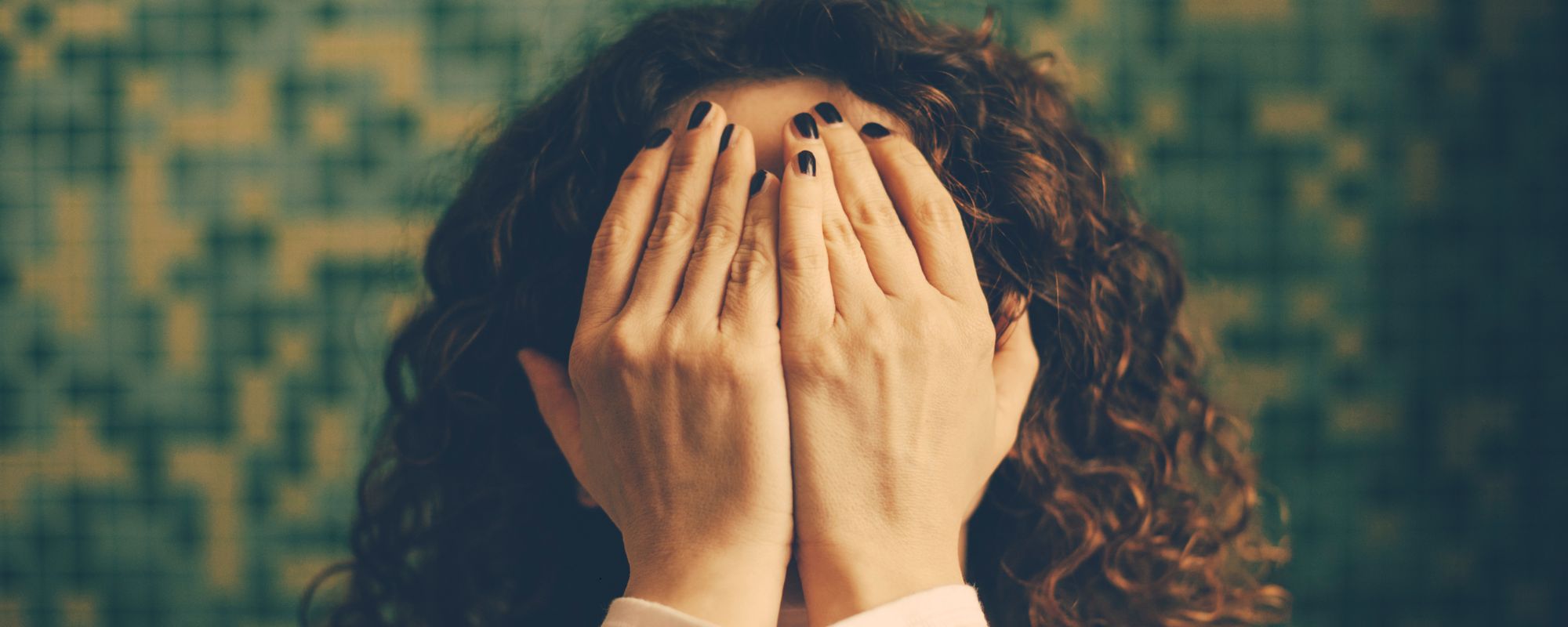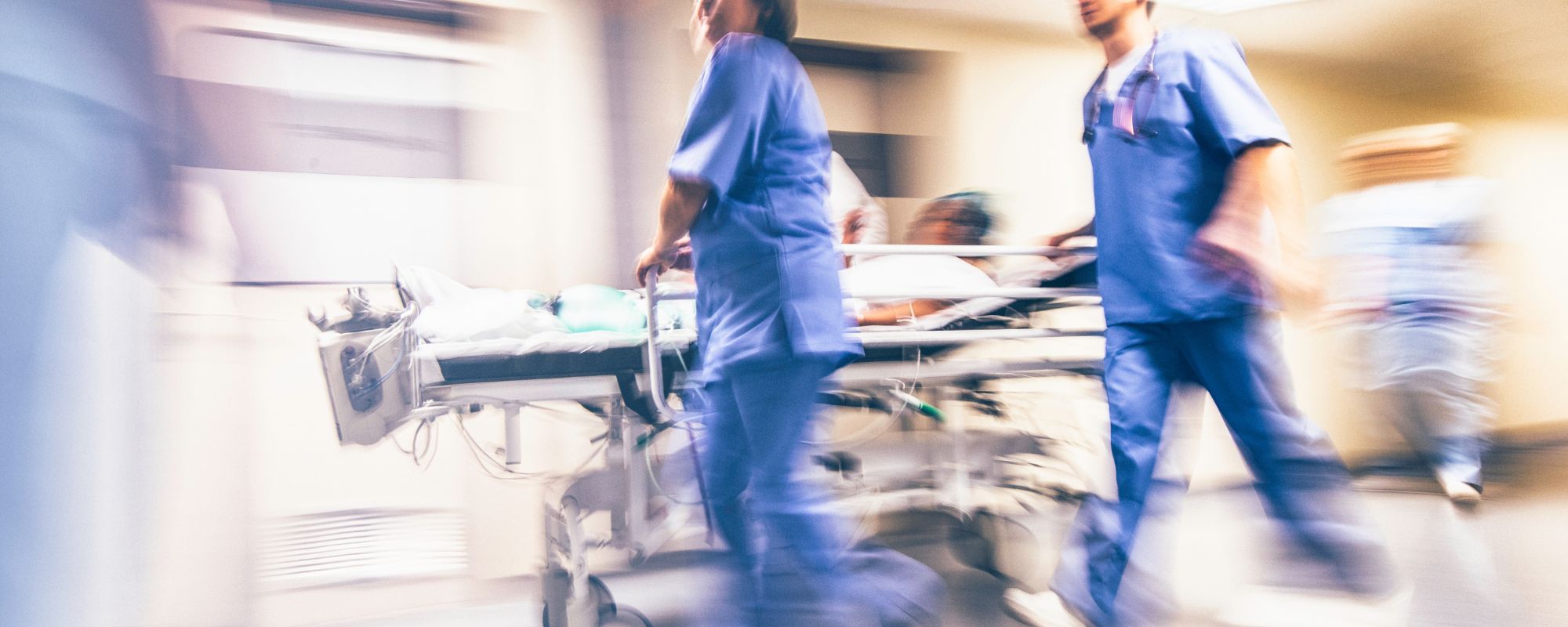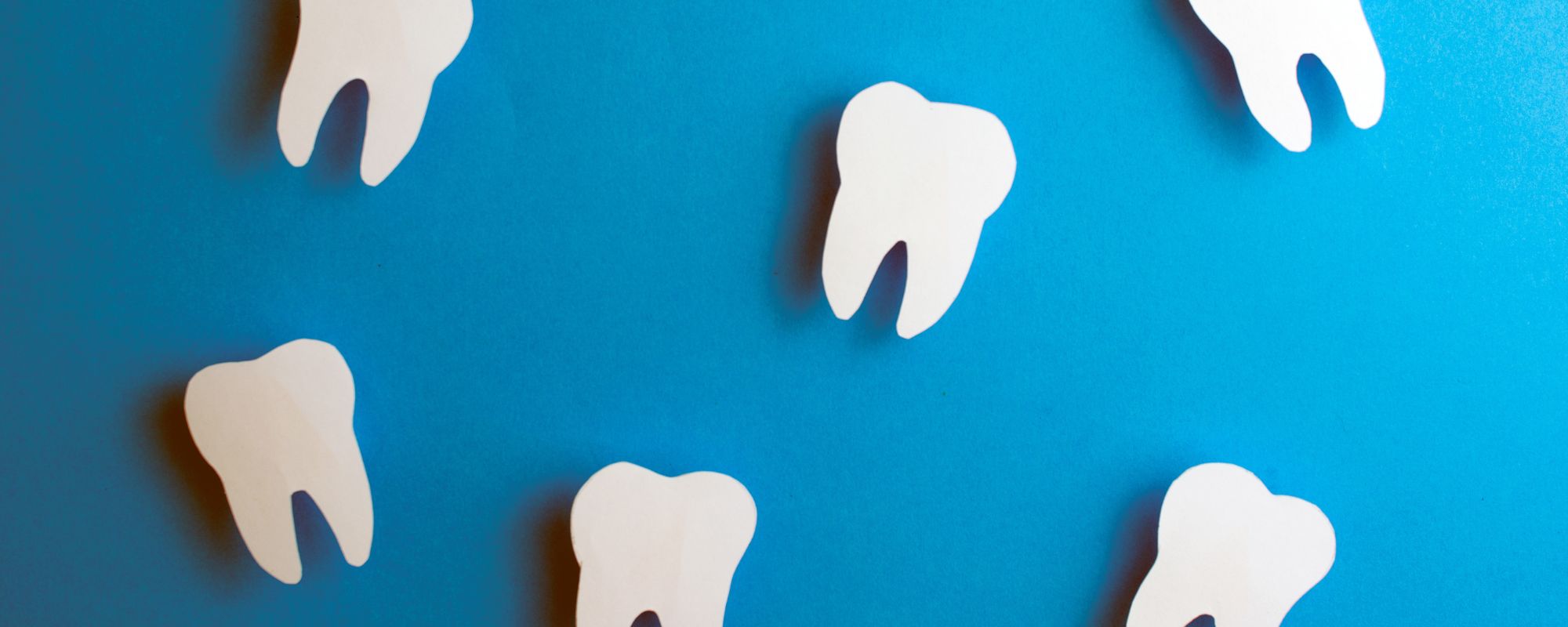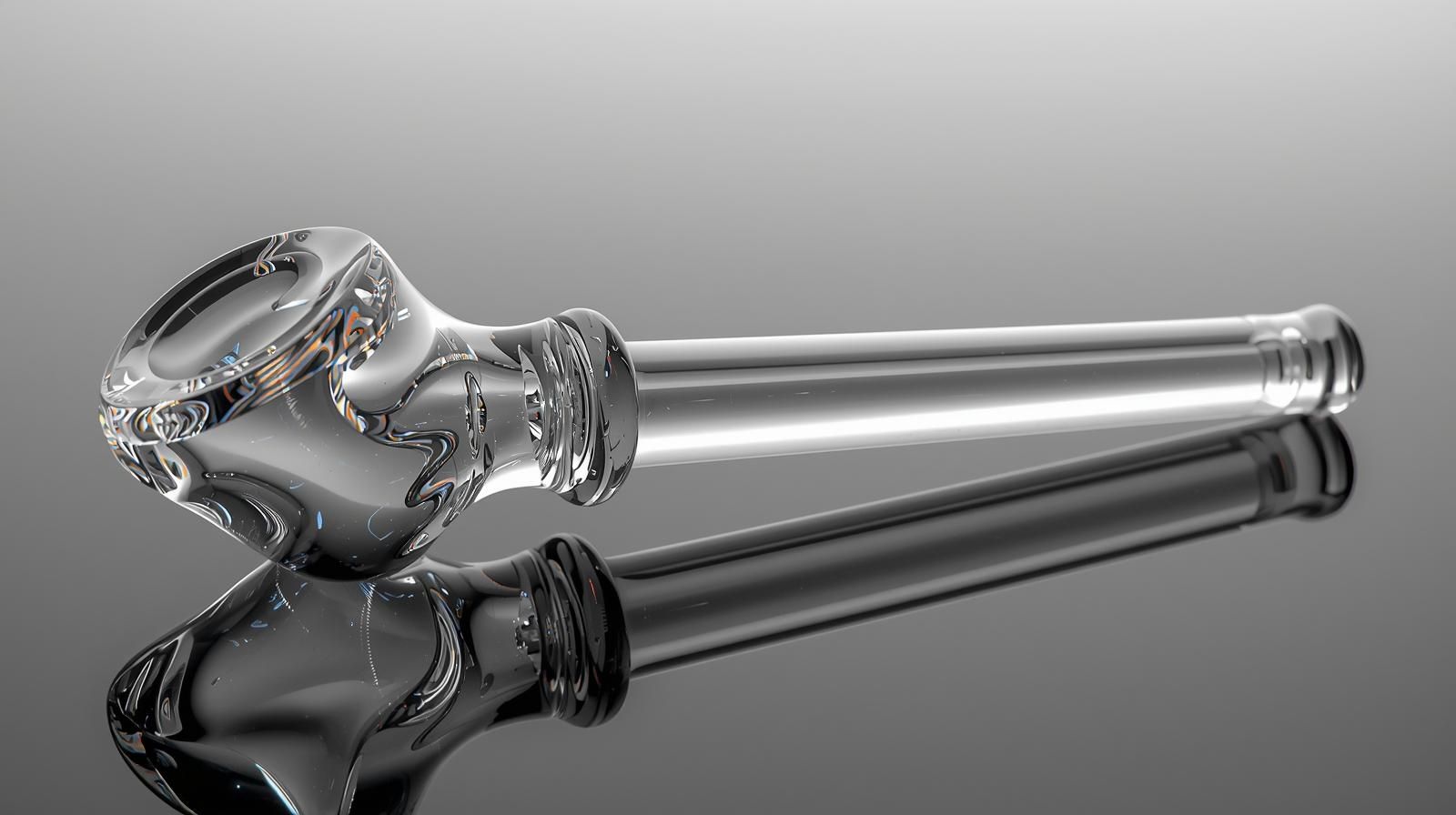Situational depression is a short-term, stress-related form of depression. This form of temporary depression can develop after you experience one stressful event or series of events.
While it’s common to feel sad from time to time, you may have experienced situational depression at some point in your life. Above all, learning more about the signs and symptoms can help you recognize and manage the side effects of situational depression.
What Are the Symptoms of Situational Depression?
While it may look and feel like clinical depression, symptoms that occur as a reaction to stress or trauma are considered situational depression. Due to how the symptoms occur, it is also commonly referred to as reactive depression.
The symptoms commonly begin within a few months after a distressing event as you try to adjust to the aftermath of what happened.
Symptoms of situational depression include:
- Hopelessness
- Restlessness
- Anger
- Grief
- Sadness
- Frequent crying spells
- Anhedonia (inability to feel pleasure)
- Loss of interest in activities
- Disruption in eating habits
- Insomnia
- Fatigue
- Difficulty focusing
- Difficulty completing tasks
- Isolation from friends and family
- Intense feelings of guilt or worthlessness
People who experience situational depression typically recover as they are naturally distanced from the distressing situation. That being said, the symptoms of temporary depression can be incredibly overwhelming while you are in the middle of it. If you are experiencing any of the above symptoms, it is important to seek help from a mental health professional.
When Do People Usually Experience Situational Depression?
For the most part, people usually experience situational depression after some sort of major life change, period of stress, or exposure to trauma. While there are many events that may trigger the onset of this form of depression, situations that trigger feelings of uncertainty and instability are the most common.
Common causes of situational depression include:
- Death of a loved one
- Relationship issues
- Divorce or break up
- Retirement
- Financial hardship
- Physical displacement
- Relocation
- Having a baby
- Going away to school
- Job loss
- Starting a new job
- Issues at work
- Issues in school
- Medical illness
- Natural disasters
- Serious accidents
- Being a victim of a crime
There are many issues in life that can result in a period of low self-esteem and temporarily alter your self-worth. Regardless of the trigger, situational depression is an adjustment disorder that often makes it difficult to manage daily life after you experience a stressful or traumatic event. If you are experiencing any of the above symptoms, it is important to seek help from a mental health professional.
Do I Have Situational Depression?
If you have gone through a nerve-racking event that triggers a period of depression, it’s possible you’ve experienced situational depression. For example, if you work in an industry that is prone to layoffs, the stress resulting from unstable employment can lead to lingering sadness.
Similarly, this form of depression is common for those dealing with the stress of financial hardships from poor wages, job loss, or unexpected medical costs. Likewise, it can affect you if you are in an unstable living environment, getting by paycheck-to-paycheck, or have recently been displaced due to rent spikes.
If you have recently experienced a life-or-death situation such as a serious medical illness, physical assault, or combat you may have dealt with prolonged feelings of hopelessness. Living in a dangerous area can also temporarily impact your mental health, especially if you fall victim to a crime.
Whether you’re going through relationship or marital issues, fighting and divorce can trigger a period of persistent sadness. If other issues are impacting your performance or social life at work, school, or home, your feelings of inadequacy may develop into a temporary depression.
Significant life changes such as retirement, going away to school, having a baby, or the death of a loved one can impact your mental health and result in situational depression as you attempt to adjust to the new situation.
No matter what you’re going through, situational depression is a sign that you need help. Acknowledging your feelings and understanding the process of grieving and healing will get you one step closer to finding the help you need to recover.
How Long Does Situational Depression Last?
Situational depression is a short-term, stress-related form of depression. While the symptoms can range from mild to severe, they typically only last for a few months.
For the most part, the symptoms lessen in severity and subside after enough time passes. In the case of situational depression, the saying “time heals all wounds” is often true.
That being said, situational depression can make it difficult to manage daily life. It is important to note that, if ignored and untreated, situational depression may continue to worsen and extend over a long period of time.
Can Situational Depression Lead to Clinical Depression?
In more severe cases, people can experience a continuous decline in their mental health due to a stressful situation and end up developing clinical depression. According to the Diagnostic and Statistical Manual of Mental Disorders (DSM-5), situational depression that continues for six months or more is reclassified as major depressive disorder (MDD), or clinical depression. Under those circumstances, the depressed mood begins to affect a person’s mental health beyond the stressful event, becoming a general mentality that may become debilitating and all-encompassing.
If you have been struggling to cope with situational depression for months, seeking help from a mental health professional can prevent your symptoms from worsening and put you back on the road to healing.
Help for Situational Depression
If you’re experiencing the symptoms of depression following a stressful situation or large life change, it’s important to seek help to manage your symptoms.
You can reach out to your primary care physician (PCP) or psychiatrist to discuss your symptoms, your medical history, and recent events in your life. Sharing your current situation can help your doctor determine if you fit the diagnosis for situational depression.
The three determining factors for a situational depression diagnosis include:
- Your symptoms occur within 3 months after the trigger.
- Symptoms resulting from the trigger are more intense than your normal stress response and disrupt your everyday life.
- The symptoms must be separate from other disorders.
If you receive a situational depression diagnosis, your treatment will be based on the severity of your symptoms. In some mild cases, symptoms of temporary depression can come and go without treatment. Typically, moderate cases benefit from talk therapy to help you process the series of events in a safe, comforting environment. However, if you experience depression you may require a combination of treatments to get you back to feeling your best.
How To Treat Situational Depression
If you are struggling to cope with the symptoms of situational depression, it is important to seek help from a mental health professional. With the right treatment plan, your symptoms can be managed as you regain your footing in life.
Common treatment methods for situational depression include:
- Psychotherapy
- Cognitive behavioral therapy (CBT)
- Stress management
- Relaxation techniques
- Exercise
- Nutritional meals
- Healthy lifestyle changes
- Medication
Healthy lifestyle changes like regular exercise, nutrient-rich meals, and going outside can help you improve mild symptoms of situational depression. While self-help methods can definitely benefit your mental health, you may need additional help to manage more difficult symptoms.
If you are struggling with severe symptoms the most established, research-based treatment options to help you cope are therapy and medication. It is most important to seek help from a mental health professional to find the best treatment plan for you.
Healing in Therapy
Many types of mental health disorders, including adjustment disorders, can be treated with therapy. Cognitive behavioral therapy (CBT) has been shown to be an effective form of psychotherapy in the early stages of situational depression in the same way.
The methods of cognitive behavioral therapy are based on the idea that your thoughts, feelings, emotions, and actions are interconnected. In essence, CBT assists those suffering from patterns of negative self-talk and low self-esteem in breaking free from the vicious cycle.
Also known as talk therapy, CBT counseling helps you identify and change negative thought patterns. As you work through the mental and physical impact of stress, your therapist will guide you through CBT therapy exercises.
While you practice CBT techniques, you will replace maladaptive thinking patterns with healthy coping exercises. As a result, you learn healthy skills to change your thoughts, beliefs, and behaviors that contribute to your depression.
Medication Management
While psychotherapy is helpful for people with situational depression, others may look to medication as a treatment option.
Prescription medications used in the treatment of clinical depression are believed to work by increasing levels of chemicals in the brain called neurotransmitters. By altering the levels of the neurotransmitters linked to mood and emotion—serotonin and noradrenaline—antidepressants can help relieve the symptoms of sadness, pain, and fatigue that occur during a depressive episode.
Common antidepressants include:
- Selective serotonin reuptake inhibitors (SSRIs)
- Serotonin-noradrenaline reuptake inhibitors (SNRIs)
- Noradrenaline and specific serotonergic antidepressants (NASSAs)
- Tricyclic antidepressants (TCAs)
- Serotonin antagonists and reuptake inhibitors (SARIs)
- Monoamine oxidase inhibitors (MAOIs)
While antidepressants can be helpful in the treatment of several types of depression, medications don’t address the underlying causes. They only work to correct any chemical imbalances. However, a combination of medication and therapy has proven to be more beneficial to people who experience situational depression.
Your medical doctor can develop the right treatment plan, prescribe medications, and refer you to a qualified mental health counselor. With this in mind, these treatment services can help you recover from the life events contributing to your depressed mood.
Reach Out for Support
Understanding the differences between situational and clinical depression is crucial for choosing the right treatment approach. If you’re struggling with anxiety and depressed moods, situational depression symptoms causes, or other mental health conditions, Seaglass Recovery in Arizona is here to help. Our experienced team can explain the differencebetween situational vs clinical depression and provide guidance on treatments for situational depression, depression and clinical depression, and mood disorders like bipolar disorder. We offer compassionate, person-centered care that considers related conditions, physical symptoms, and overall well-being, including womens health and mens healthconcerns. Meet the team and get additional information on risk factors, public health, and research-based therapies—all in a safe, supportive environment. Don’t wait to take control of your mental health; reach out to Seaglass Recoverytoday and start your journey toward healing and lasting stability.
All things considered, every struggle is different and it’s important to remember that help, hope, and recovery are around the corner. If you or someone you know is struggling or in crisis, help is available.
Please feel free to reach out to us at 877-RECOVERY. Our addiction specialists are available 24/7 to assist you through this time and help you find hope in recovery.
National suicide hotline: Call or text 988 or chat with someone at 988lifeline.org.






